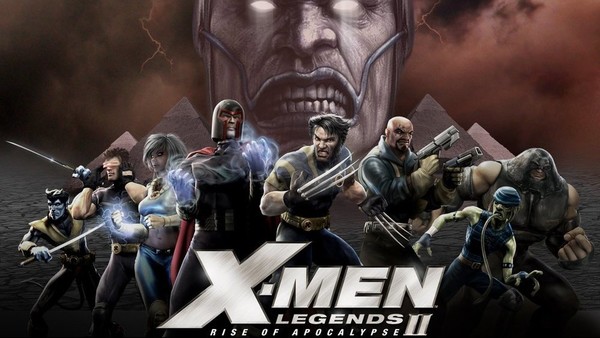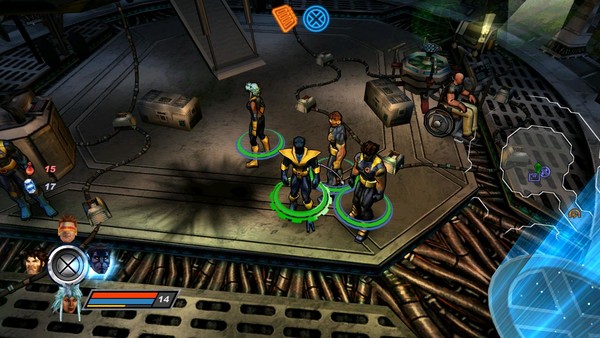The Best X-Men Games No One Played
3. Expansive, Enjoyable Co-Op

Shared-screen co-op was one of life's simple pleasures during the sixth generation of consoles. It's never really a thing these days, while co-op on the whole has dropped off a cliff in the wake of multiplayer-focused titles. It's partially why fans were so ecstatic to see that Ultimate Alliance was making a comeback, and while the old titles' gameplay isn't quite as enjoyable as their more modern counterparts, they more than did the job.
Rehashed animations and move-sets were common place, but for the most part Raven managed to make each character feel unique when compared to their colleagues. This was taken up a new notch in the sequel, which featured the X-Men and the Brotherhood of Evil Mutants working together to take down Apocalypse, meaning players could assemble a team comprised of both factions if they so desired.
Both Legends titles were effectively Diablo-esque dungeon crawlers. Players assembled a party comprised of four mutants, and were able to customise them, switch them up on the fly, and lead them into various missions. There was a reason to try out every character, and while the game always tended to reward you more if you stuck with a particular set-up (as is the nature of most RPGs), it never got boring trying out new heroes whenever possible.

One of the biggest criticisms levelled at Legends when it first released was that combat could get repetitive, and to a degree - yes - that's probably correct. Players unlock more power moves as both games progress, but every character has the same basic move-set of hand-to-hand attacks. Tank-style characters play similarly, while the usual mix of brawlers, healers and ranged characters all possess overlapping skill-sets. Bizarrely, though, it never really feels like it's an issue. Because each character is visually distinct and has enough unique powers and skills to seem different, it's easy to forgive the occasional overlap.
Making things better is the fact different combinations of characters complimented each other differently, which constantly encouraged you to experiment whenever possible.